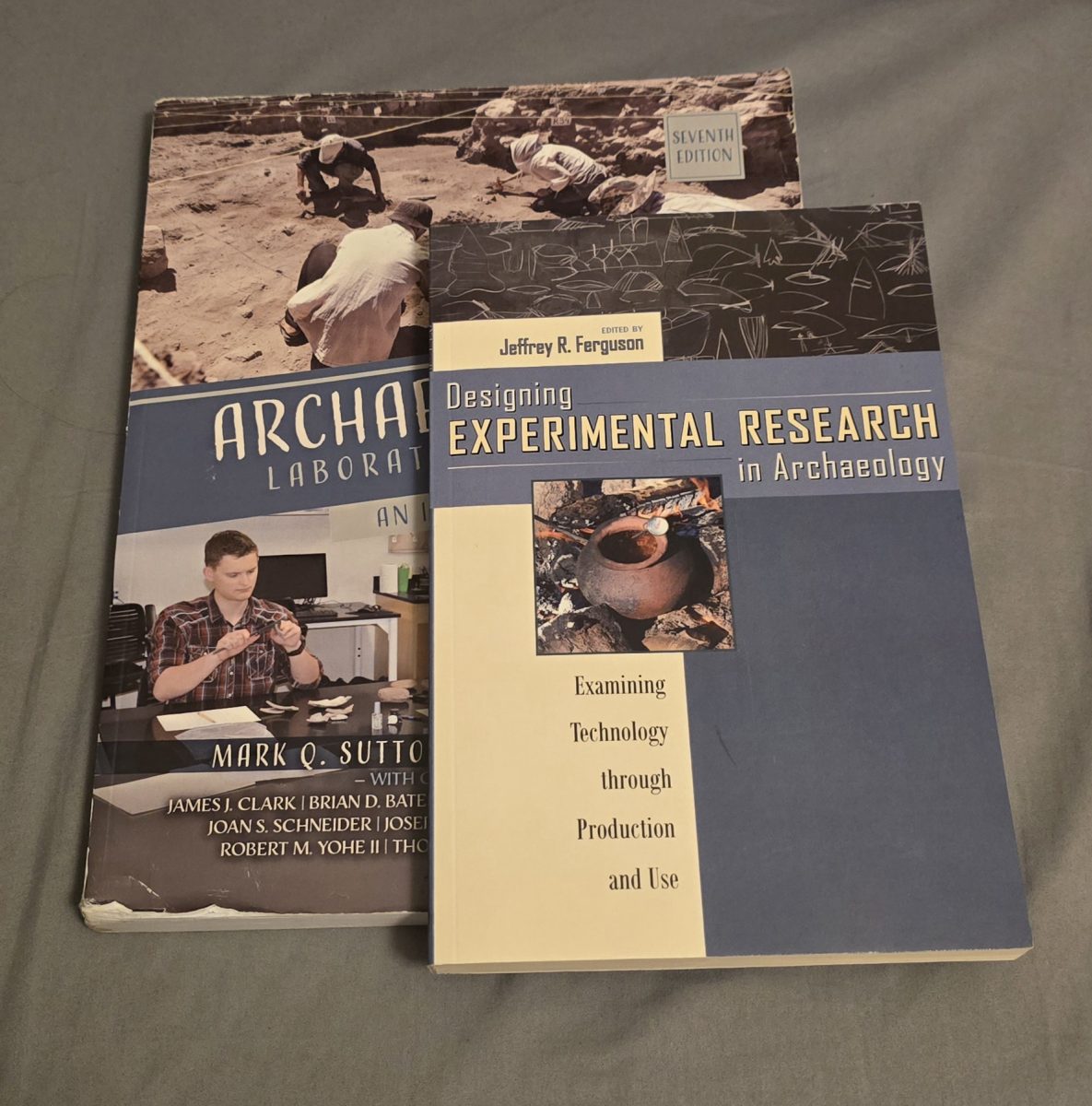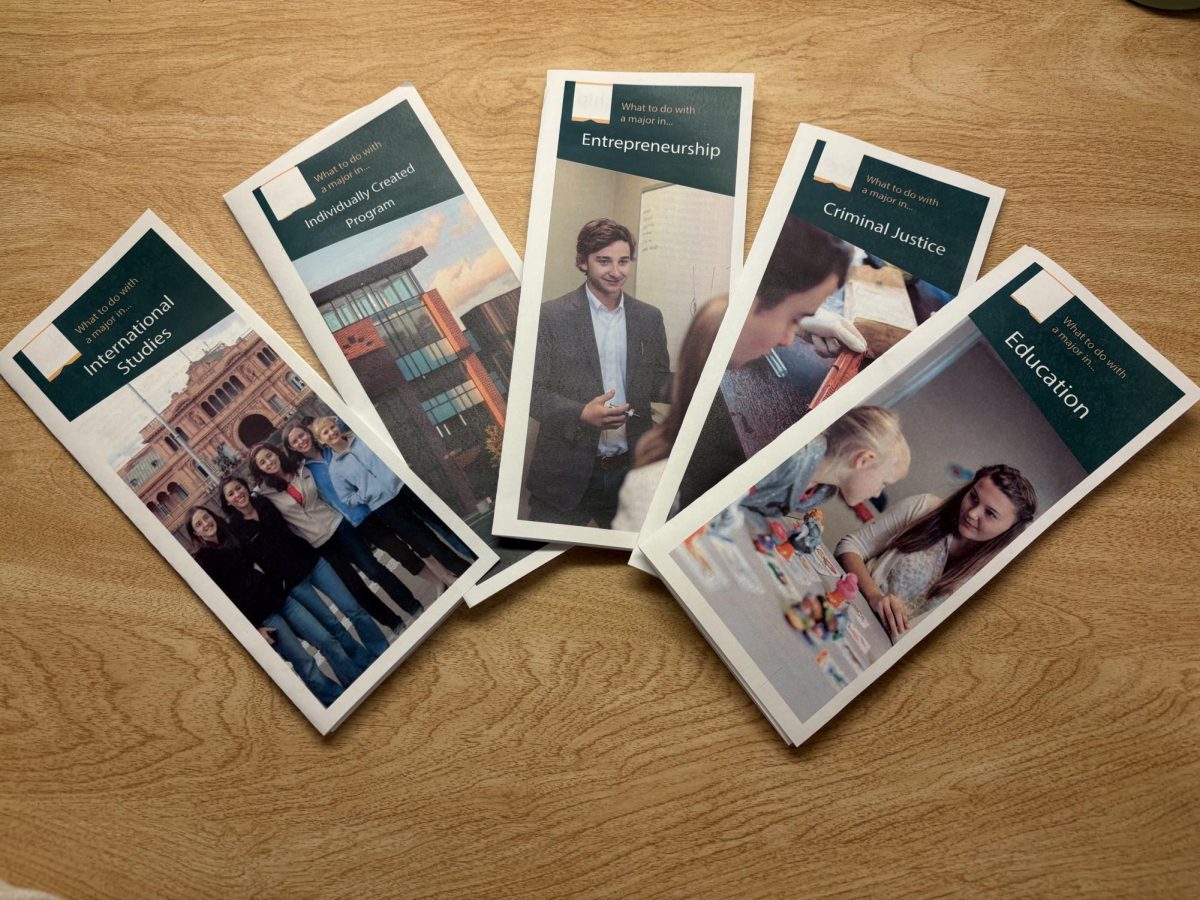The Grimm fairy tale “Snow White” has been popular in film just about as long as film has existed.
The first “Snow White” movie appeared roughly 110 years ago, in 1902.
Of course, the story wasn’t really put on the map until the 1937 Disney animated film. Disney took the liberty of altering the seven dwarves’ names, and the rest is history.
This year, “Snow White” has attempted to reclaim her Hollywood glory, with two films donning her name set for release.
“Mirror Mirror,” the first to hit theaters, appears to be the more family oriented retelling.
“Snow White and the Huntsmen,” the second film, stars Charlize Theron and Kristen Stewart and the trailers present it as a bit darker spin on the fairy tale.
“Mirror Mirror” was directed by Tarsem Singh, who is probably best known for 2011’s “Immortals.”
Maybe it was because it was a weeknight, or maybe “Snow White” just isn’t as popular as she once was.
Either way, there wasn’t a soul in the theater besides me. Everyone else had flocked to the far less family friendly “American Reunion.”
The story begins from the narrative viewpoint of the Queen (Julia Roberts).
Immediately, I couldn’t help but think that this was an odd role for a woman who made a name for herself playing a hooker in “Pretty Woman,” and has been one of Hollywood’s biggest sweethearts for decades.
I guess I don’t really see Roberts being successful as a vain, power hungry villain, so I was a little skeptical.
However, Singh does a good enough job of keeping the story rolling and keeping enough believability there to not cast Roberts aside.
Snow White is played by Lily Collins, the daughter of well known musician Phil Collins.
Initially, the role was cast to Saoirse Ronan (“Hanna,” “The Lovely Bones”), but she was eventually edged out by Collins.
One of the first things I noticed about Collins was her unusually thick, caterpillar-like eyebrows.
If I hadn’t known better, I might have thought she was a relative to Eugene Levy, Jim’s dad in “American Reunion.”
The opening monologue read by the Queen both brings the viewer up to speed with the storyline of the film, as well as playfully mocking certain elements of the “Snow White” story itself.
The writers took some liberties with this updated version of the story as well.
For example, Prince Alcott, played by Armie Hammer, falls under a spell which causes him to believe he is a dog.
About halfway through the film, Snow White takes on a Robin Hood-esque role, stealing taxes back from the rich queen to give to the poor townspeople.
And, like Disney did so many years ago, the dwarves have been renamed yet again.
With names like “Napoleon,” “Half Pint,” “Chuckles” and “Grimm,” clearly the screenwriters were trying to modernize the series a bit and allow a little breathing room.
These characters have been tied down by titles like “Sleepy” and “Dopey” for the better part of a century.
Although the actors were all actual dwarves, perhaps a more appropriate title for the characters they portrayed would be the seven stooges.
These guys reminded me quite a bit of the infamous trio who also happen to be returning to the screen in 2012.
Maybe it was just me and I’m used to much less family friendly material, but I felt that this reboot was just lacking the charm that was so prevalent in other classic retellings, or in any love story for that matter.
When the Prince and Snow White end up together and happy in the end, I can’t say I really cared.
Some of the actors on screen didn’t really seem to be very impressed either.
“Mirror Mirror” was just devoid of that spark that makes family film into a classic.
As a whole, this movie was not without its brief moments of entertainment and flair, and the film itself was beautiful and well done.
It’s just that these moments were too few and far between to make it into something more than just mediocre.
























